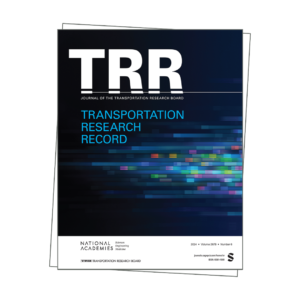The importance of advancing transportation equity has become more visible as other structural inequities in our society have received increasing attention. Articulating approaches that practitioners use to address equity in their work, including experience-based strategies and research-developed equity metrics, contribute to supporting the achievement of transportation equity goals. However, a gap exists between knowing these approaches and integrating them into regular professional practice, in part because of barriers that span across different transportation-related contexts. To investigate practitioners’ approaches to transportation equity, as well as barriers they encounter in trying to achieve improved equity, interviews were conducted with 59 transportation practitioners from the public, private, non-profit, and academic sectors. Findings revealed that a majority of the transportation practitioners in the study engaged in addressing equity in their work, including through collaborating with other organizations and sectors, integrating non-transportation-related data, and considering the contextual needs of vulnerable communities. They identified key barriers to their implementation of transportation equity approaches, including the lack of sufficient and quality equity-related data, challenges with accessing and collecting data, and a lack of standards and metrics for measuring equity-related outcomes. These findings can guide work that supports the explicit integration of transportation equity approaches into practitioners’ practices.
 PAVE US
PAVE US PAVE EUROPE
PAVE EUROPE PAVE UK
PAVE UK

